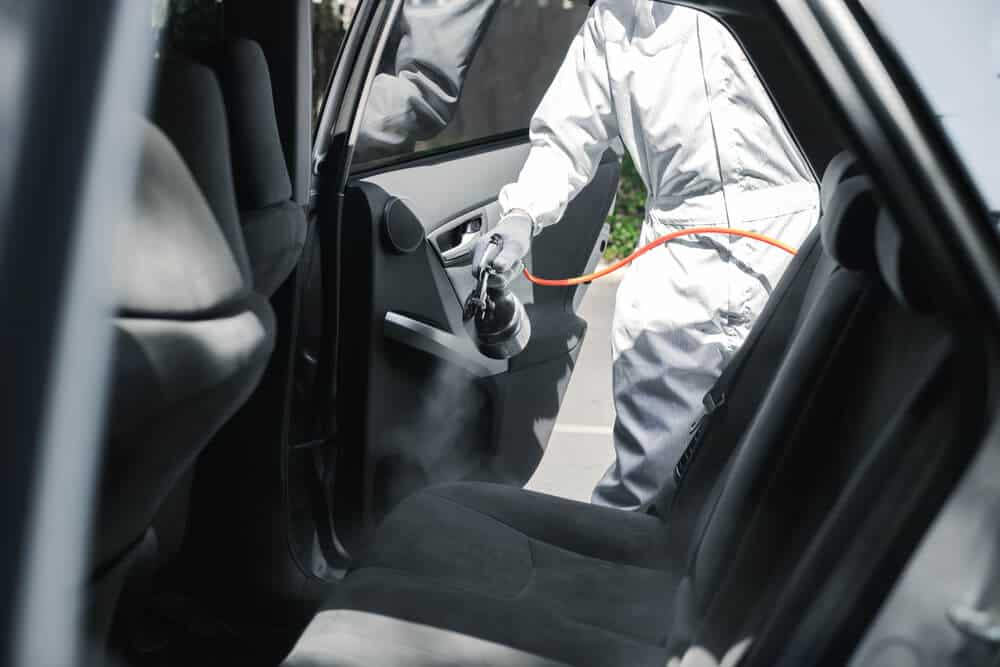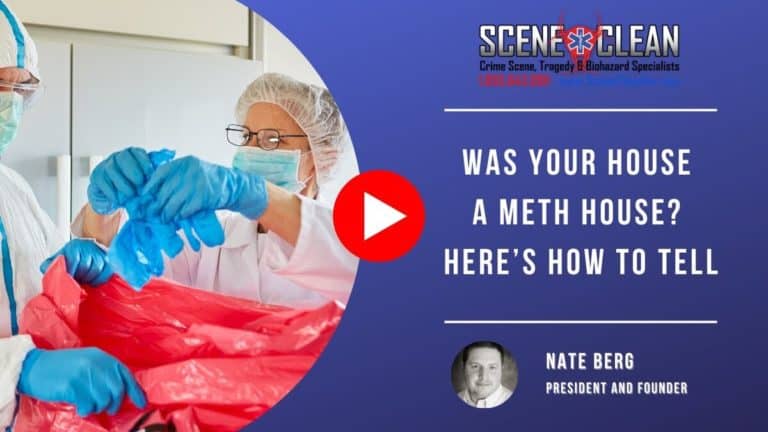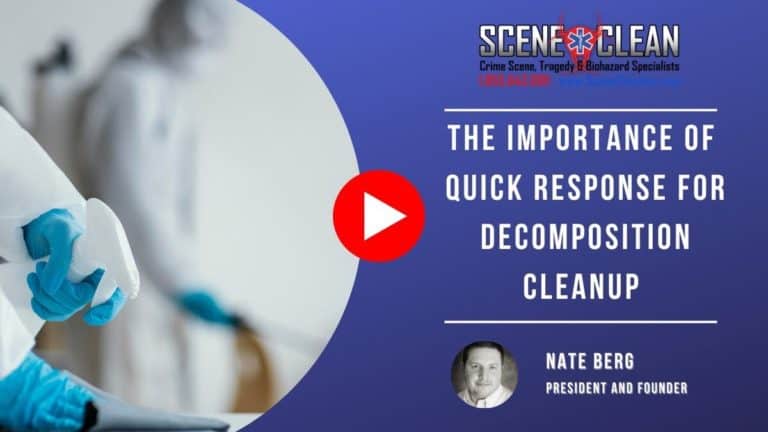A pristine-looking used car might hide a dark and potentially dangerous past. Vehicles that have been involved in accidents or criminal activities and exposed to biological contaminants such as blood or bodily fluids are known as biohazard cars. This article will explore the safety concerns associated with buying and selling biohazard cars, providing you with essential insights to make informed decisions.
What Is a Biohazard Car?
A biohazard car is a vehicle that has been exposed to biological contaminants such as blood, bodily fluids, or other hazardous materials. These contaminants could result from various incidents, including accidents, suicides, or crimes. The presence of such materials can pose serious health risks if not properly cleaned and decontaminated.
The Hidden Dangers in Biohazard Cars
Extent of Damage
The safety of biohazard cars largely depends on the extent of the damage and contamination. Minor incidents, such as a small amount of blood on the steering wheel, might be easier to clean and restore. However, more severe cases, like suicides in the car, can result in extensive contamination that seeps into the vehicle’s interior, including the carpet and undercarriage.
Smell as an Indicator
A strange odor is often the first sign that a car has not been adequately decontaminated. Biological contaminants can produce persistent, unpleasant smells that are hard to mask. If you detect an unusual odor when inspecting a used car, it might indicate the presence of residual contaminants.
Checking for Biohazards: Buyer Beware
Inspecting Under the Carpet
One of the critical areas to inspect in a biohazard car is under the carpeting. Blood and other fluids can pool and seep through the carpet, reaching the bottom of the car. Many sellers may hesitate to remove and replace the carpet due to the additional cost, leaving potential hazards hidden from plain sight.
No Laws Against Selling Biohazard Cars
Currently, there are no specific laws in many regions, including Minnesota, that prevent the sale of biohazard cars. This lack of regulation means that buyers must exercise extreme caution and conduct thorough inspections. It’s crucial to be aware of the car’s history and any incidents it may have been involved in.
Due Diligence: Protecting Yourself as a Buyer
Research the Car’s History
Before purchasing any used vehicle, it’s essential to research its history thoroughly. Services like Carfax or AutoCheck can provide detailed reports on a car’s past, including any accidents or other incidents. Knowing the car’s background can help you identify potential biohazard risks.
Professional Inspection
Consider hiring a professional to inspect the vehicle. An expert can identify signs of contamination that might not be visible to the untrained eye. They can also check areas like under the carpet and other hidden spots where biohazards might linger.
Selling Biohazard Cars: Responsibilities and Ethics
Full Disclosure
If you’re selling a car that has been involved in a biohazard incident, ethical considerations come into play. Full disclosure about the car’s history is not just a moral obligation but can also protect you from potential legal repercussions. Buyers have the right to know what they are purchasing.
Proper Decontamination
Ensure the vehicle undergoes proper decontamination by a professional service. This step not only makes the car safer for the new owner but also enhances its resale value. Proper cleaning involves removing and replacing contaminated parts, thoroughly sanitizing all surfaces, and addressing any odor issues.
Conclusion

The safety of buying and selling biohazard cars hinges on thorough inspection, proper decontamination, and ethical practices. While there are no specific laws governing the sale of these vehicles, buyers must be vigilant and conduct due diligence to avoid health risks. Sellers, on the other hand, should prioritize transparency and professional cleaning to ensure the safety and satisfaction of the buyer. For professional advice and decontamination services, contact Scene Clean today.






